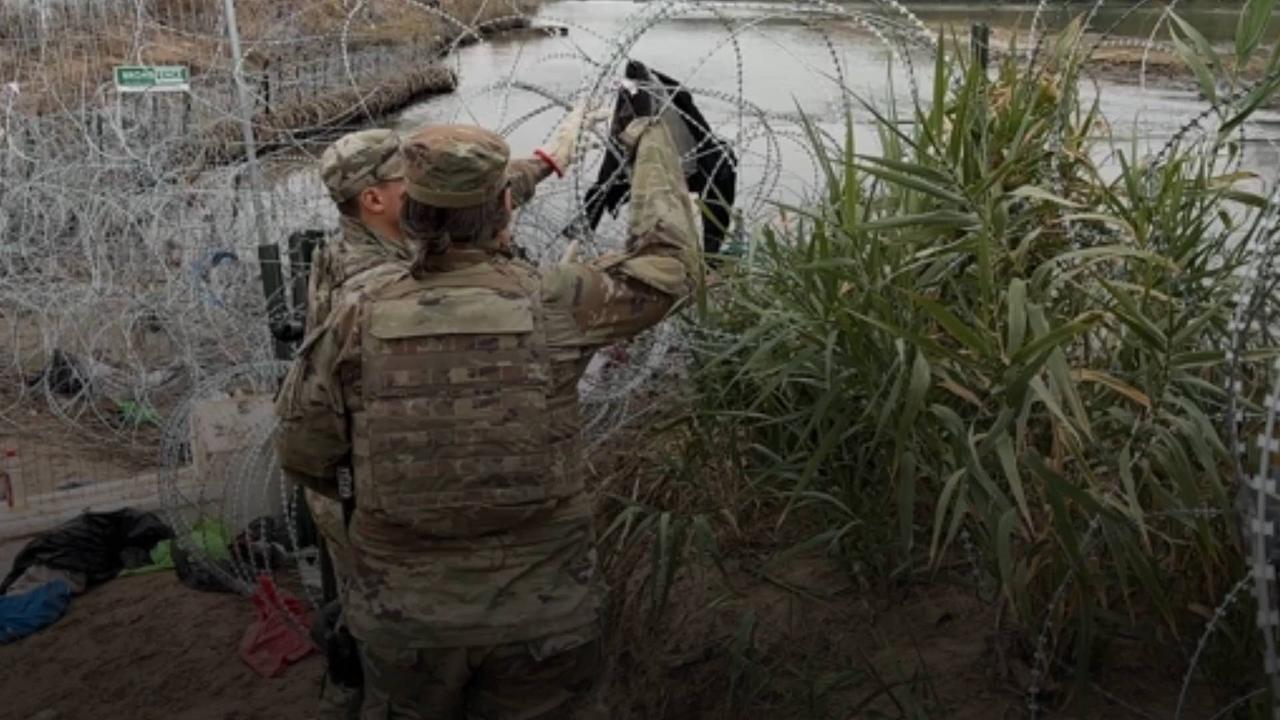
Border Agents Can Remove Razor Wire in Texas, , Supreme Court Rules.
On Jan.
22, the Supreme Court voted 5-4 in favor of vacating last month's appeals court ruling that stopped Texas border agents from removing razor wire, 'The Hill' reports.
.
Justices that voted in favor of the decision include John Roberts, Sonia Sotomayor, Elena Kagan, Amy Coney Barrett and Ketanji Brown Jackson.
The border conflict escalated when fences and razor wire were installed in Eagle Pass, Texas, earlier this month, 'The Hill' reports.
.
The razor wire prohibited Border Patrol officials from gaining access to the area.
.
Texas Attorney General Ken Paxton defended the state's actions.
.
Because the facts and law side with Texas, the state will continue utilizing its constitutional authority to defend her territory, and I will continue defending those lawful efforts in court.
, Texas AG Ken Paxton, via letter to DHS general counsel Jonathan Meyer.
The U.S. Department of Homeland Security should stop wasting scarce time and resources suing Texas, and start enforcing the immigration laws Congress already has on the books, Texas AG Ken Paxton, via letter to DHS general counsel Jonathan Meyer.
Paxton's response came after DHS general counsel Jonathan Meyer wrote a cease-and-desist letter.
The recent actions by the State of Texas have impeded operations of the Border Patrol.
, DHS general counsel Jonathan Meyer, via cease-and-desist letter.
Those actions conflict with the authority and duties of Border Patrol under federal law and are preempted under the Supremacy Clause of the Constitution.
Texas’s actions also improperly seek to regulate the federal government, DHS general counsel Jonathan Meyer, via cease-and-desist letter.
Recently, a migrant woman and two children drowned while attempting to cross into Texas.
Border Patrol officials blamed the Texas National Guard for blocking them from the river and ultimately preventing them from saving the migrants, 'The Hill' reports.
While Texas officials deny the claims, the Supreme Court has intervened with its ruling.










